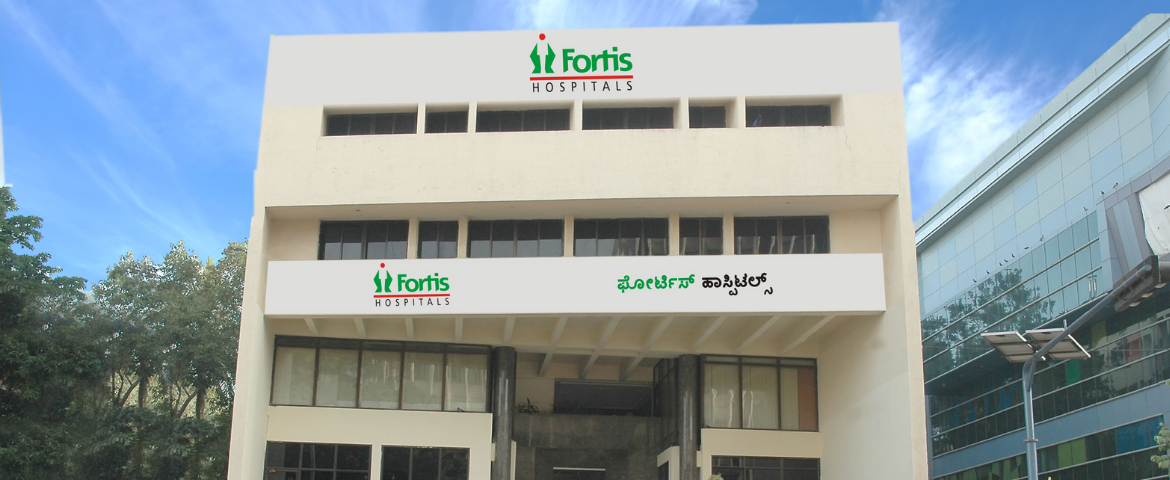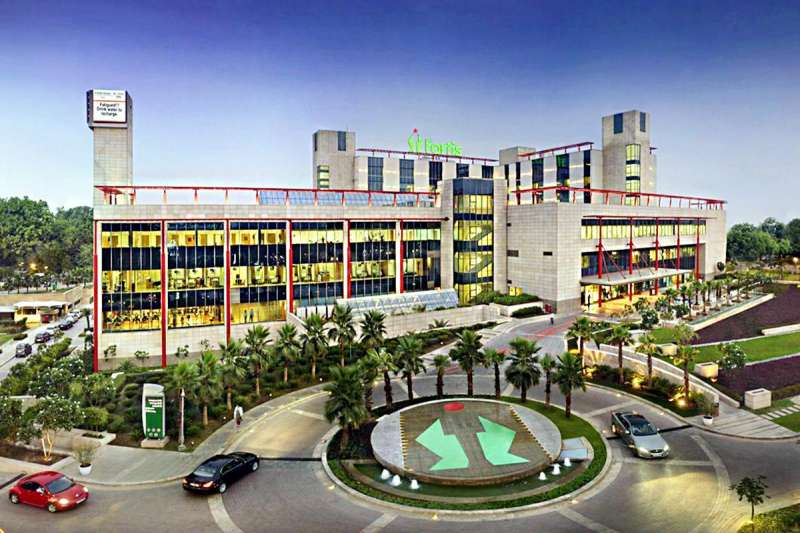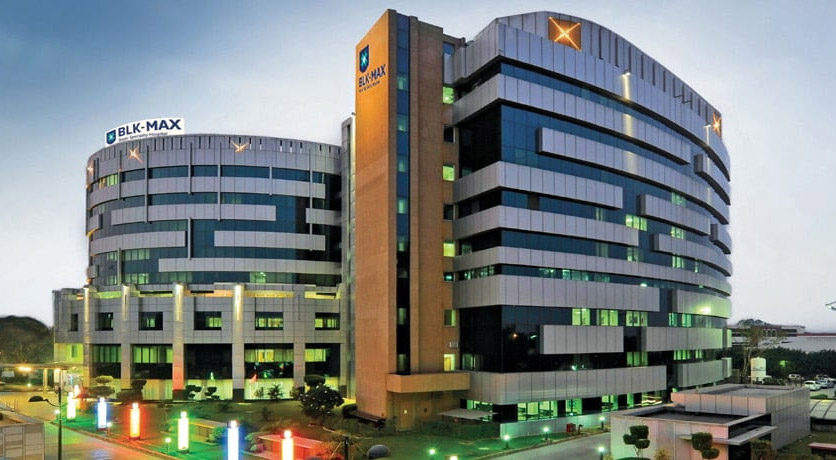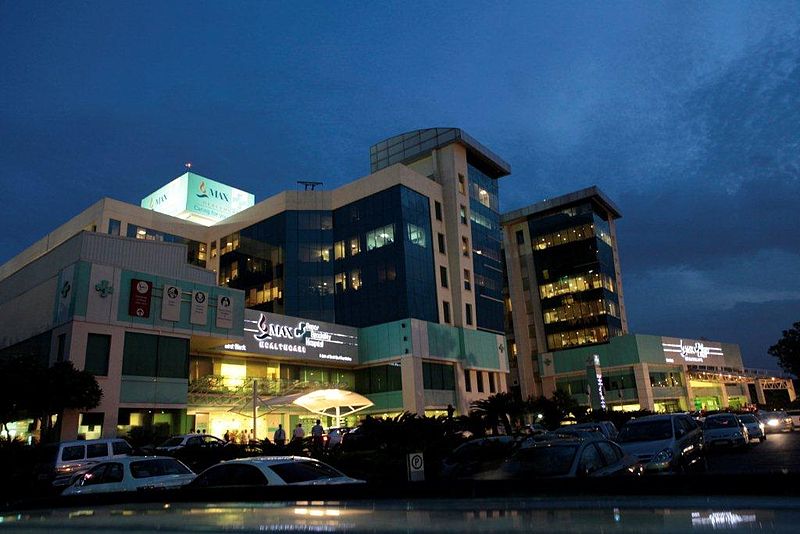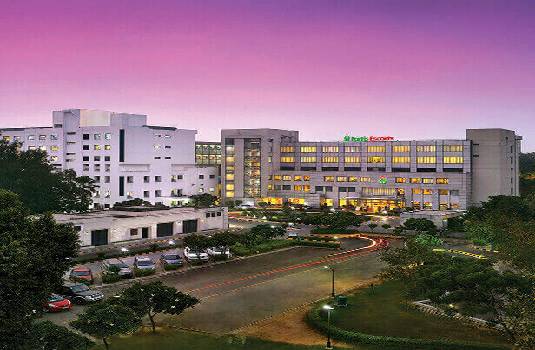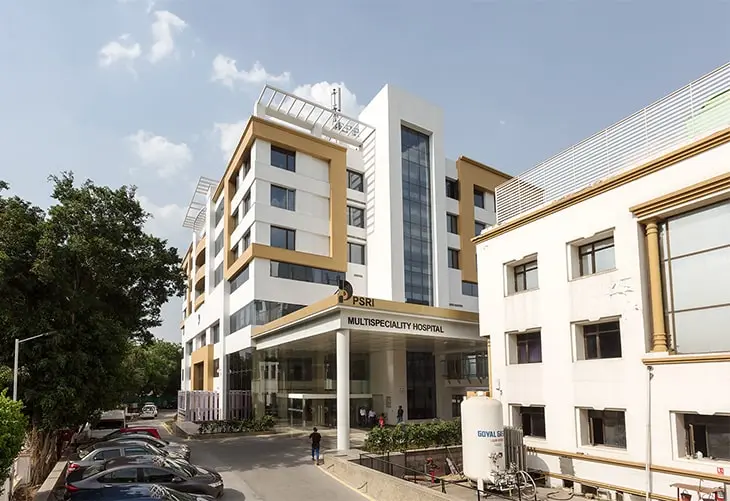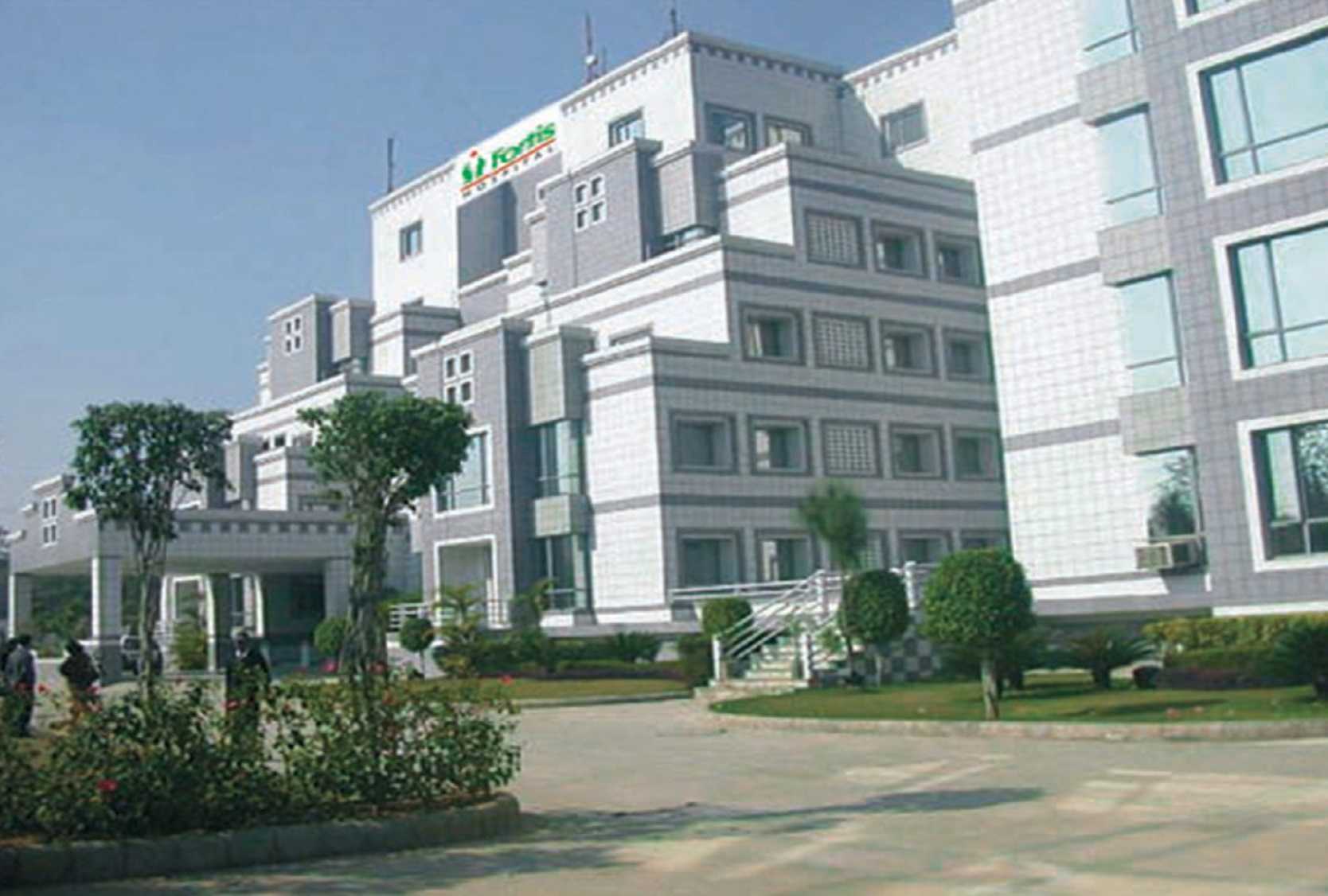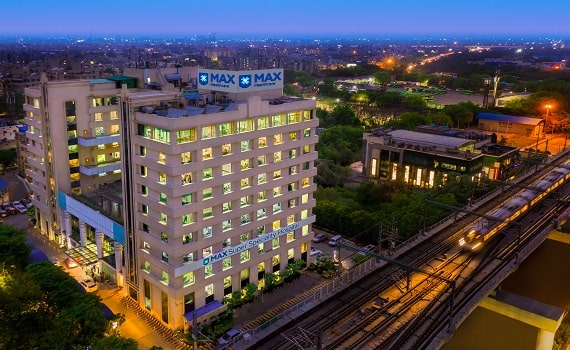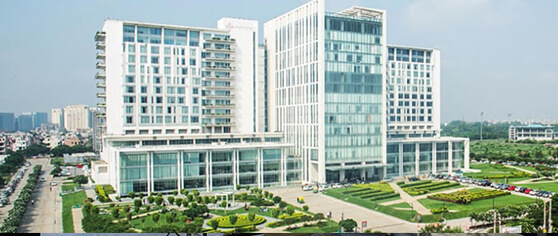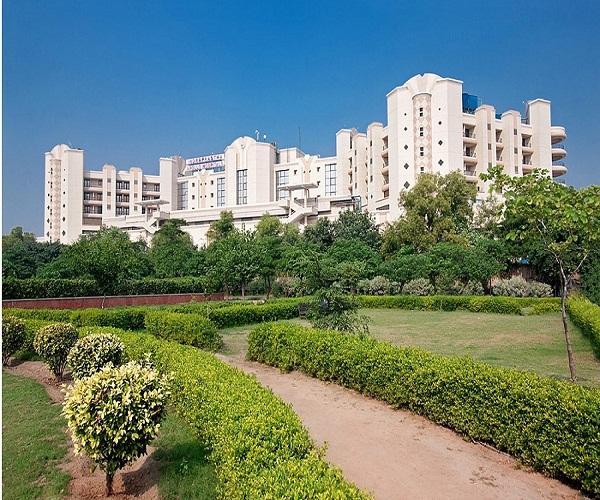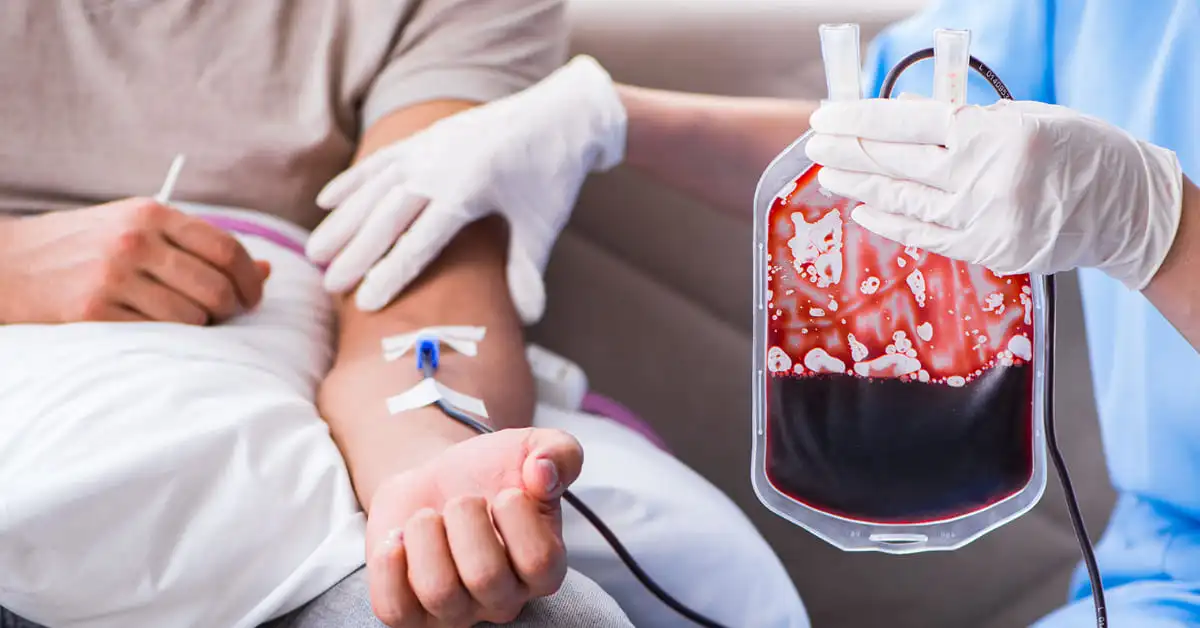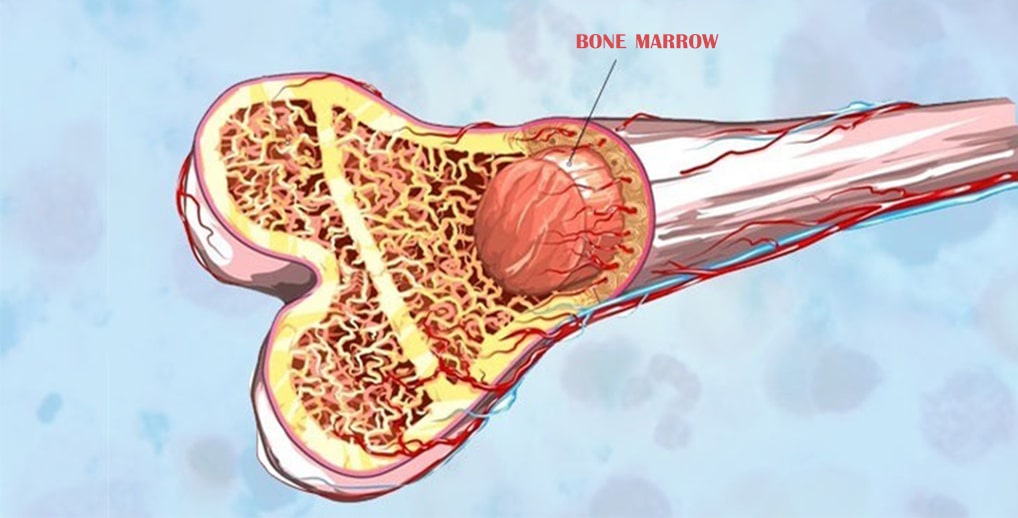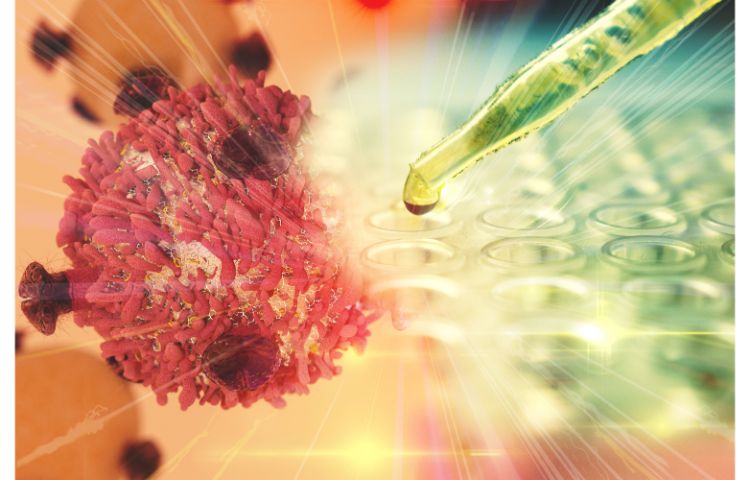Bone Marrow Transplant Allogenic cost in India
The cost of Bone Marrow Transplant Allogenic in India ranges from USD 25000 to USD 37000
Bone Marrow Transplant Allogenic
A method in which healthy blood-forming cells are given to a patient to replace their own blood forming cells that have been damaged by radiation or heavy doses of chemotherapy.
Disease Overview:
Bone marrow cancer
Malignant plasma cells in bone marrow develop bone marrow cancer, also known as multiple myeloma, which spreads throughout the body.
Multiple myeloma is a malignancy that develops in the plasma cells of white blood cells. Antibodies that detect and destroy germs are produced by healthy plasma cells, which aid in the battle against infections.
Cancerous plasma cells grow in the bone marrow and drive out healthy blood cells in multiple myeloma. Instead of producing beneficial antibodies, cancer cells create aberrant proteins that might cause problems.
Multiple myeloma treatment isn't always required right away. Your doctor may prescribe diligent monitoring instead of early treatment if the multiple myeloma is slow developing and not causing signs and symptoms. There are a variety of therapeutic choices for patients with multiple myeloma who need help controlling the disease.
Disease Signs and Symptoms:
Multiple myeloma symptoms and signs vary, and there may be none at all early on in the disease.
When signs and symptoms do appear, they may include the following:
- Bone discomfort, particularly in the spine and chest
- Nausea
- Constipation
- Appetite loss.
- Confusion or mental fogginess
- Fatigue
- Infections that occur frequently
- Loss of weight
- Leg numbness or a feeling of weakness
- Thirst that is excessive
Disease Causes:
It is unknown what causes myeloma.
Myeloma is thought to start with a single aberrant plasma cell in your bone marrow, which is the soft, blood-producing tissue that fills the middle of most of your bones. The aberrant cell proliferates quickly.
Because cancer cells do not mature and subsequently die like regular cells, they collect and eventually outnumber healthy cell creation. Myeloma cells squeeze out healthy blood cells in the bone marrow, causing exhaustion and an inability to fight infections.
Myeloma cells, like healthy plasma cells, continue to try to make antibodies, but they generate aberrant antibodies that the body can't employ. Instead, aberrant antibodies (monoclonal proteins, or M proteins) accumulate in the body, causing issues such as kidney damage. Cancer cells can also cause bone deterioration, increasing the chance of breaking a bone.
A relationship with MGUS
Almost all cases of multiple myeloma begin as a relatively benign illness known as monoclonal gammopathy of unknown significance (MGUS).
MGUS, like multiple myeloma, is identified by the presence of M proteins in your blood, which are generated by abnormal plasma cells. However, with MGUS, M protein levels are reduced, and no harm to the body occurs.
Factors that are at risk
- Multiple myeloma can be caused by a number of factors, including:
- Getting older. Multiple myeloma is more common as you become older, with most people being diagnosed in their mid-60s.
- Sex of a man. Men are more prone than women to get the condition.
- The race of black people. Persons of colour are more likely than people of other races to acquire multiple myeloma.
- Multiple myeloma runs in the family. You have a higher chance of developing multiple myeloma if a sibling, sister, or parent has the disease.
- Personal experience with a monoclonal gammopathy of unknown relevance (MGUS). MGUS usually always precedes multiple myeloma, therefore having this condition doubles your risk.
Disease Diagnosis:
When your doctor finds multiple myeloma by mistake during a blood test for another ailment, it is called multiple myeloma. If your doctor believes you have multiple myeloma based on your signs and symptoms, it can be diagnosed.
The following tests and procedures are used to diagnose multiple myeloma:
Tests on the blood. Myeloma cells generate M proteins, which can be detected with a blood test. Beta-2-microglobulin, an aberrant protein generated by myeloma cells, may be discovered in your blood and provide your doctor with information regarding the aggressiveness of your myeloma.
Blood tests to check renal function, blood cell counts, calcium levels, and uric acid levels can also help your doctor figure out what's wrong with you.
Urine tests are performed. When M proteins, also known as Bence Jones proteins, are identified in urine, they are referred to as Bence Jones proteins.
Your bone marrow will be examined. A sample of bone marrow may be taken for laboratory testing by your doctor. A large needle is put into a bone to collect the sample (bone marrow aspiration and biopsy).
The sample is tested in the lab for myeloma cells. Specialized techniques, such as fluorescence in situ hybridization (FISH), can discover gene alterations in myeloma cells.
Imaging tests are performed. Bone issues linked with multiple myeloma may necessitate imaging testing. X-rays, MRIs, CT scans, and positron emission tomography are some of the tests that may be performed (PET).
Disease Treatment:
Treatment can help reduce pain, control illness complications, stabilize your health, and limit the progression of multiple myeloma if you're suffering symptoms.
It's possible that immediate therapy isn't required.
If you have multiple myeloma but no symptoms (also known as smouldering multiple myeloma), you may not require immediate treatment. Multiple myeloma that is slow developing and in its early stages may not require immediate therapy. Your doctor will, however, keep a close eye on your situation for indicators of illness progression. This might include blood and urine testing on a regular basis.
You and your doctor may decide to start treatment if you develop signs and symptoms or if your multiple myeloma shows evidence of progression.
Myeloma treatment options
The following are examples of standard treatment options:
Therapy that is specific to the patient. Targeted medication therapies concentrate on particular flaws seen in cancer cells. Targeted medication therapies can kill cancer cells by inhibiting these aberrations.
Immunotherapy. Immunotherapy is a type of cancer treatment that makes use of your immune system. Because cancer cells create proteins that assist them hide from immune system cells, your body's disease-fighting immune system may not attack your cancer. Immunotherapy works by interfering with the immune system's natural processes.
Chemotherapy. Chemotherapy is a treatment that employs chemicals to destroy cancer cells. Fast-growing cells, such as myeloma cells, are killed by the medications. Before a bone marrow transplant, high dosages of chemotherapy medicines are utilized.
Corticosteroids. Corticosteroid drugs manage inflammation in the body by regulating the immune system. They're also good in killing myeloma cells.
Transplantation of bone marrow. A bone marrow transplant is a treatment that replaces damaged bone marrow with healthy bone marrow.
Blood-forming cells are taken from your blood before a bone marrow transplant. The damaged bone marrow is subsequently destroyed with large doses of chemotherapy. The blood forming cells are then injected into your body, where they go to your bones and begin the process of rebuilding your bone marrow.
Radiation therapy is a type of treatment that involves the use of To destroy cancer cells, radiation treatment employs high-powered energy beams from sources such as X-rays and protons. It can be used to diminish myeloma cells in a specific location fast, such as when a cluster of aberrant plasma cells forms a tumor (plasmacytoma) that causes discomfort or destroys a body part.
Country wise cost comparison for Bone Marrow Transplant Allogenic:
| Country | Cost |
|---|---|
| India | $24930 |
| Turkey | $60932 |
| Thailand | $49117 |
Treatment and Cost
90
Total Days
In Country
- 30 Day in Hospital
- 2 No. Travelers
- 60 Days Outside Hospital
Treatment cost starts from
$27700
Popular Hospital & Clinic
Featured Hospital
9 Hospitals
Types of Bone Marrow Transplant Allogenic in Fortis Memorial Research Institute and its associated cost
| Treatment Option | Approximate Cost Range (USD) |
|---|---|
| No Treatment option added | |
- Address: Sector - 44, Opp. HUDA City Center,Gurgaon, Haryana - 122002, India
- Facilities related to Fortis Memorial Research Institute: Private Rooms, Translator, Nursery / Nanny Services, Airport Pick up, Personal Assistance / Concierge, Free Wifi, Local Tourism Options, International Cuisine, Phone in Room, Private Driver / Limousine Services, Post operative followup, Mobility Accessible Rooms, Online Doctor Consultation, Air Ambulance, Religious Facilities, Rehabilitation, Cafe, TV in room, Car Hire, Health Insurance Coordination,
50
DOCTORS IN 35 SPECIALITIES
20+
FACILITIES & AMENITIES
Types of Bone Marrow Transplant Allogenic in BLK-Max Super Speciality Hospital and its associated cost
| Treatment Option | Approximate Cost Range (USD) |
|---|---|
| No Treatment option added | |
- Address: Pusa Road, New Delhi-110005
- Facilities related to BLK-Max Super Speciality Hospital: Private Rooms, Translator, Nursery / Nanny Services, Personal Assistance / Concierge, Free Wifi, International Cuisine, Phone in Room, Private Driver / Limousine Services, Post operative follow-up, Mobility Accessible Rooms, Rehabilitation, Cafe, TV in room, Car Hire, Health Insurance Coordination
17
DOCTORS IN 33 SPECIALITIES
20+
FACILITIES & AMENITIES
Types of Bone Marrow Transplant Allogenic in Max Super Speciality Hospital and its associated cost
| Treatment Option | Approximate Cost Range (USD) |
|---|---|
| No Treatment option added | |
- Address: Max Super Speciality Hospital No. 1, 2, Press Enclave Road, Mandir Marg, Saket Institutional Area, Saket, New Delhi, Delhi, 110017, India
- Facilities related to Max Super Speciality Hospital:
53
DOCTORS IN 34 SPECIALITIES
20+
FACILITIES & AMENITIES
Types of Bone Marrow Transplant Allogenic in Fortis Escorts Heart Institute and its associated cost
| Treatment Option | Approximate Cost Range (USD) |
|---|---|
| No Treatment option added | |
- Address: Okhla Road,New Delhi - 110 025 (INDIA)
- Facilities related to Fortis Escorts Heart Institute: Private Rooms, Translator, Nursery / Nanny Services, Personal Assistance / Concierge, Free Wifi, International Cuisine, Phone in Room, Private Driver / Limousine Services, Post operative follow-up, Mobility Accessible Rooms, Rehabilitation, Cafe, TV in room, Car Hire, Health Insurance Coordination
19
DOCTORS IN 33 SPECIALITIES
20+
FACILITIES & AMENITIES
Types of Bone Marrow Transplant Allogenic in PSRI Hospital and its associated cost
| Treatment Option | Approximate Cost Range (USD) |
|---|---|
| No Treatment option added | |
- Address: Press Enclave Marg, J Pocket, Phase II, Sheikh Sarai, New Delhi, Delhi 110017
- Facilities related to PSRI Hospital: Private Rooms, Translator, Nursery / Nanny Services, Personal Assistance / Concierge, Free Wifi, International Cuisine, Phone in Room, Private Driver / Limousine Services, Post operative follow-up, Mobility Accessible Rooms, Rehabilitation, Cafe, TV in room, Car Hire, Health Insurance Coordination
8
DOCTORS IN 33 SPECIALITIES
20+
FACILITIES & AMENITIES
Types of Bone Marrow Transplant Allogenic in Fortis Flt. Lt. Rajan Dhall Hospital, Vasant Kunj, Delhi and its associated cost
| Treatment Option | Approximate Cost Range (USD) |
|---|---|
| No Treatment option added | |
- Address: Fortis Flt. Lt. Rajan Dhall Hospital, Aruna Asaf Ali Marg, Pocket 1, Sector B, Vasant Kunj, New Delhi, Delhi 110070
- Facilities related to Fortis Flt. Lt. Rajan Dhall Hospital, Vasant Kunj, Delhi: Private Rooms, Translator, Nursery / Nanny Services, Personal Assistance / Concierge, Free Wifi, International Cuisine, Phone in Room, Private Driver / Limousine Services, Post operative follow-up, Mobility Accessible Rooms, Rehabilitation, Cafe, TV in room, Car Hire, Health Insurance Coordination
46
DOCTORS IN 34 SPECIALITIES
20+
FACILITIES & AMENITIES
Types of Bone Marrow Transplant Allogenic in MAX Super Speciality hospital, Patpadganj Delhi and its associated cost
| Treatment Option | Approximate Cost Range (USD) |
|---|---|
| No Treatment option added | |
- Address: 108A, Indraprasth Extension, Patpadganj, New Delhi- 110092, India
- Facilities related to MAX Super Speciality hospital, Patpadganj Delhi: Private Rooms, Translator, Nursery / Nanny Services, Personal Assistance / Concierge, Free Wifi, International Cuisine, Phone in Room, Private Driver / Limousine Services, Post operative follow-up, Mobility Accessible Rooms, Rehabilitation, Cafe, TV in room, Car Hire, Health Insurance Coordination
52
DOCTORS IN 33 SPECIALITIES
20+
FACILITIES & AMENITIES
Types of Bone Marrow Transplant Allogenic in Medanta-The Medicity, Gurgaon and its associated cost
| Treatment Option | Approximate Cost Range (USD) |
|---|---|
| No Treatment option added | |
- Address: CH Baktawar Singh Road, Sector 38, Gurugram, Haryana 122001
- Facilities related to Medanta-The Medicity, Gurgaon: TV in room Private rooms, Free Wifi, Phone in Room, Mobility accessible rooms, Family accommodation, Laundry, Welcome Safe in the room, Nursery / Nanny services. Dry cleaning, Personal assistance / Concierge Religious facilities, Fitness Spa and wellness Café, Business Centre, Shop, Dedicated smoking areas, Beauty Salon, Special offer for group stays, Parking available, Health insurance coordination, Medical travel insurance, Foreign currency exchange, ATM, Credit Card, Debit Card, Net banking, Diet on Request, Restaurant, International Cuisine, Treatment Related Medical records transfer, Online doctor consultation, Rehabilitation, Pharmacy, Document legalization, Post operative follow-up, Language Interpreter, Translation services, Transportation, Airport pickup, Local tourism options, Local transportation booking, Visa / Travel office, Car Hire, Private driver / Limousine services, Air ambulance
52
DOCTORS IN 33 SPECIALITIES
20+
FACILITIES & AMENITIES
Types of Bone Marrow Transplant Allogenic in Indraprastha Apollo Hospitals, New Delhi and its associated cost
| Treatment Option | Approximate Cost Range (USD) |
|---|---|
| No Treatment option added | |
- Address: Mathura Rd, Jasola Vihar, New Delhi, Delhi 110076
- Facilities related to Indraprastha Apollo Hospitals, New Delhi: Private Rooms, Translator, Nursery / Nanny Services, Personal Assistance / Concierge, Free Wifi, International Cuisine, Phone in Room, Private Driver / Limousine Services, Post operative follow-up, Mobility Accessible Rooms, Rehabilitation, Cafe, TV in room, Car Hire, Health Insurance Coordination
37
DOCTORS IN 33 SPECIALITIES
20+
FACILITIES & AMENITIES
Related Packages
More Related Information
Some of the top rated doctors are:
Some of the top rated hospitals are:
Frequently Asked Questions
In India, bone marrow surgery is provided by roughly 34 hospitals, some of which are mentioned below:
Medanta - The Medicity, Gurgaon; Artemis Health Institute, Gurgaon; Global Health City, Chennai; Max Super Speciality Hospital, Saket; and Sterling Wockhardt Hospital, Mumbai
After surgery, patients often stay in the hospital for 30 days on average to receive the necessary care and monitoring. It's crucial that the patient recovers appropriately and feels at ease following the procedure within this time range. It is established through a battery of tests that the patient is doing well following surgery and can be released.
The patient's recovery differs based on multiple circumstances. Nonetheless, following discharge, a patient is expected to remain in the nation for roughly 90 on average. To be sure the procedure went well, this is crucial. Control and follow-up exams are conducted during this period to ensure medical fitness.
India's bone marrow transplant hospitals have an average rating of 5.0. This ranking is determined by taking into account a number of factors, including infrastructure, service quality, personnel politeness, and hygiene.
The type of bone marrow transplant performed and the ailment being treated are the two primary factors that determine the precise cost of a bone marrow transplant in India. In India, the typical cost of an autologous bone marrow transplant begins at about $18,000. Conversely, the starting cost of an allogeneic transplant in India is about $28,000. An allogeneic transplant may be suggested or carried out under specific circumstances.
The following medical professionals are among the top bone marrow transplant specialists in India:
Gurgaon's Sanar International Hospital's Dr. Dharma Chaudhary
Dr. P Anoop from Bangalore's Global Hospital
Amrita Hospital, Faridabad; Dr. Pravas Chandra Mishra

